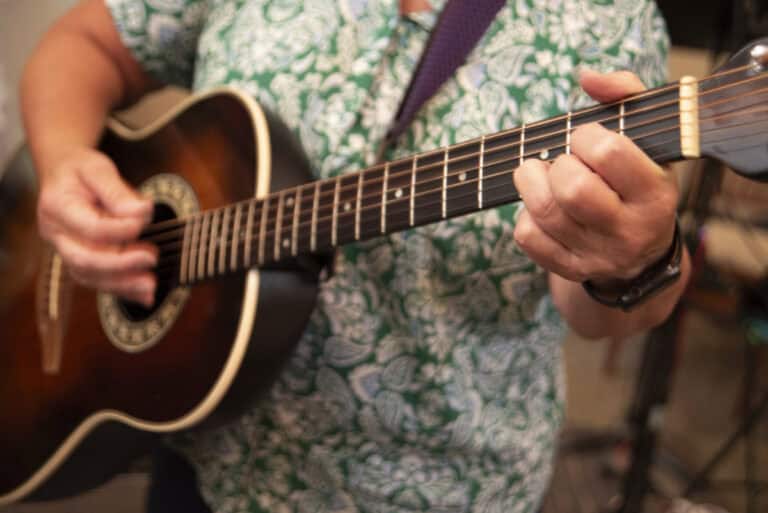As an art form, music speaks differently to each of us, whether it’s secular music or music for liturgy. Consider for just a moment the vast number of musical styles that exist today. It’s been noted that there are more than 40 primary genres of music with more than 330 sub-categories. Just the sheer number of different musical styles alone reveals the differences in musical tastes and preferences.
Consider, too, how both culture and past experiences influence our musical preferences — we are likely attracted to the music we heard during our youngest years. And, of course, we’re all drawn to different instruments, lyrics, rhythms, and tempos. It’s easy to understand that when it comes to preferred musical styles, we’re all wired a bit differently.
When considering the liturgical music repertoire available to ensemble musicians today, a similar wideness in musical styles exists. Some people are drawn to older hymns, others prefer chant, and others are fed by more contemporary music. Knowing that music speaks differently to those gathered for worship, we must be careful not to select only the music that we like best. If we are true servant leaders in our music ministry, we will offer a balanced musical repertoire that considers the community rather than our own preferences and tastes alone.
When planning a balanced approach to music selections, it’s inevitable that a song you personally dislike is going to be used in the liturgy sometimes. How, then, do we prepare and play a song for worship that we just cannot stand?
Strategies for playing our least favorite music for liturgy
Playing our least favorite music for liturgy can be challenging, but certainly not impossible. Here are a few ideas that can positively influence how you lead music when playing a song you personally don’t love.
Accept that the disliked song is not disliked by everyone
Thus, our first task is to get over the fact that we’re using music we don’t like. When we accept there are songs we will periodically play that we don’t like, our tolerance, as well as our musicianship, will improve.
Connect with the text of the song, regardless of the musical style
Every song we sing for liturgy has some kind of scriptural/spiritual message. It’s our job to share that message authentically. Let the text lead and form our musical action.
Bring as much energy to playing/singing the song as possible
The energy you bring to the song shouldn’t be affected by the tempo or style. Be engaged and display a positive attitude while leading music. As a singer, use appropriate facial reactions and great diction.
Be sure the tempo is not too slow
Oftentimes, we tend to become sluggish or lethargic with tempos, especially on traditional hymns. Just a few quicker clicks of the metronome can make a big difference.
Consider creatively altering the actual music production of the piece
Can a different tempo, or perhaps a different musical groove help the song? Adding a new, more contemporary rhythmic approach can help breathe life into a traditional hymn or older song. Keep in mind, however, that you don’t want to take it too far simply because you dislike the song. Others may love the more traditional interpretation of the song.
Find something positive about the song that can capture attention
Maybe it’s the text, or the chord progressions, or strumming pattern – find something that will help promote a positive image of the song for you and your ensemble.
Remember that it’s not just about us
Because music speaks differently to everyone, choosing music for liturgy that is diverse in culture and style ensures that everyone can fully participate in praising God. Our ministry calls us to serve beyond our personal likes and dislikes of the music we share, because it’s not our music alone — it belongs to the entire community. Let our focus always be on better serving the people of God in their sung prayer and worship of God, even when we don’t like the song.
Written by Steve Petrunak, a founding board member of CLEF and director of music at St. Blase Catholic Church in Sterling Heights, Michigan.
Copyright © 2023 Catholic Liturgical Ensemble Formation



